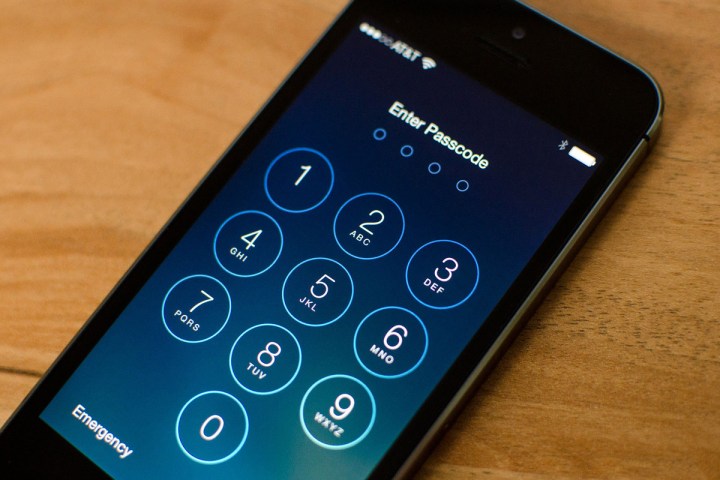
Apple has fired back at a Justice Departments letter, filed last week, which informed the New York court that the government still needed the Cupertino company’s help to unlock an iPhone 5S locked in a Brooklyn criminal investigation.
“As a preliminary matter, the government has utterly failed to satisfy its burden to demonstrate that Apple’s assistance in this case is necessary — a prerequisite to compelling third-party assistance under the All Writs Act,” the brief, filed on April 15, reads.
The FBI dropped the case against Apple in California, after it paid professional “gray hat” hackers to successfully unlock the San Bernardino shooter’s iPhone without Apple’s help. The iPhone-maker’s objection now is that the government hasn’t provided evidence that it exhausted all avenues for unlocking the iPhone without Apple’s help — which is a requirement under the All Writs Act, a 1789 law the government is using to force third parties to offer access into encrypted services and products.
The New York case revolves around Jun Feng, who was indicted on charges of meth trafficking in Brooklyn. Feng has pleaded guilty, but law enforcement want to unlock his phone to try and glean any more useful information. U.S. Magistrate Judge James Orenstein previously ruled in February that the government could not force Apple to disable the iPhone’s security system.
The Justice Department appealed and has said that Apple has assisted in unlocking iPhones about 70 times before the Brooklyn case, according to Reuters. Apple has reportedly been assisting the FBI with access requests since 2008.
“Indeed, Apple has said it would take them only a few hours to open this kind of phone, because they already have a mechanism that would allow them to do so,” the Justice Department said.
In a press briefing on Friday, Apple repeated that its goal in buffing up security on iPhones is to protect customers from hackers, not the government. The company’s engineers say Apple is “the most effective security organization in the world,” according to Mashable, as security is built into the iPhone and the OS from the ground up. You can find more information on iPhone and iOS security here.
That became apparent after FBI Director James Comey said the method used to unlock the San Bernardino shooter’s iPhone 5C will not work on newer iPhones, including the iPhone 5S.
Apple has said that “media reports” suggest that a plethora of companies exist that can unlock the iPhone in the New York case, as it is running iOS 7, which doesn’t have encrypted features. So the government shouldn’t have a tough time, and doesn’t need to bother Apple with unlocking the New York iPhone.
“The government’s failure to substantiate the need for Apple’s assistance, alone, provides more than sufficient grounds to deny the government’s application,” reads Apple’s related court filing.
Editors' Recommendations
- This one Apple Fitness feature completely changed how I exercise
- Nomad’s new iPhone case and Apple Watch band may be its coolest yet
- 5 phones you should buy instead of the iPhone 15
- Why you should buy the iPhone 15 Pro instead of the iPhone 15 Pro Max
- iPhone SE 4: news, rumored price, release date, and more


